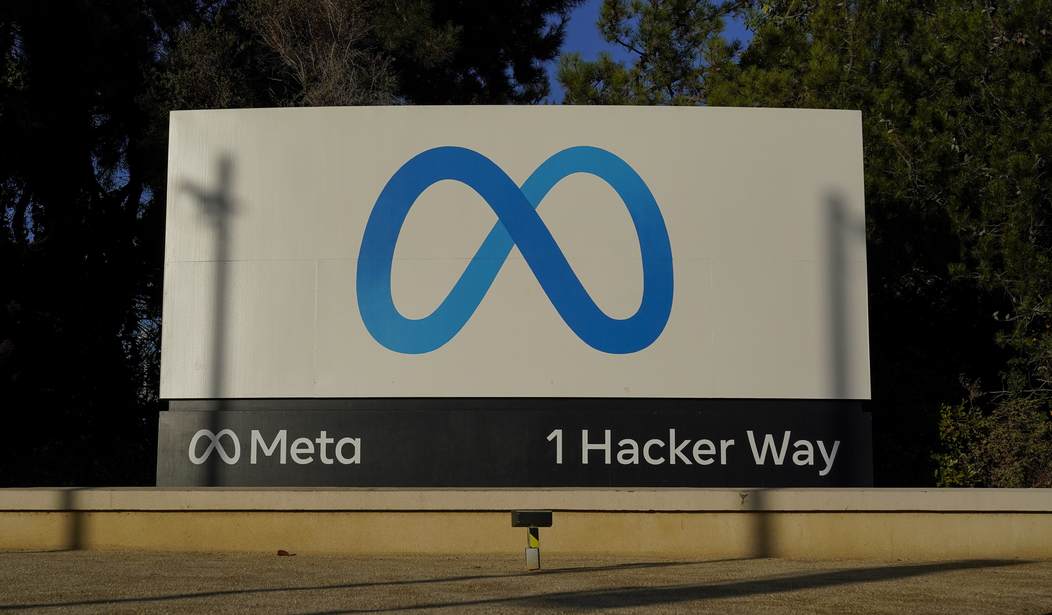A bombshell lawsuit has thrust Meta Platforms, Inc., formerly known as Facebook, and Netflix into the legal spotlight. The plaintiffs make some serious allegations against the two companies that could cover them in controversy.
The legal action claims that Facebook allowed Netflix to access private messages sent between users of the platform. The revelations in the lawsuit, if accurate, could raise substantial concerns about privacy and competition.
Maximilian Klein and Sarah Grabert, the two plaintiffs, allege that the two companies participated in a complex web of interactions centered around data exchanges.
“For nearly a decade, Netflix and Facebook enjoyed a special relationship” that included Netflix purchasing “hundreds of millions of dollars in Facebook ads” and receiving “bespoke access to private Facebook APIs.”
The relationship between the two entities was managed by Reed Hastings, who was the CEO of Netflix and a member of Facebook’s board of directors at the time.
For nearly a decade, Netflix and Facebook enjoyed a special relationship. Netflix bought hundreds of millions of dollars in Facebook ads; entered into a series of agreements sharing data with Facebook; received bespoke access to private Facebook APIs; and agreed to custom partnerships and integrations that helped supercharge Facebook’s ad targeting and ranking models.
It is no great mystery how this close partnership developed, and who was its steward: from 2011- 2019, Netflix’s then-CEO Hastings sat on Facebook’s board and personally directed the companies’ relationship, from advertising spend, to data-sharing agreements, to communications about and negotiations to end competition in streaming video. Hastings directly communicated with Facebook executives, principally Mark Zuckerberg and Sheryl Sandberg, to do so.
Of particular interest is the allegation that Facebook provided Netflix with access to users’ private messages through an “Inbox API” agreement. The agreement purportedly allowed Netflix to analyze user interactions with the platform. “Netflix would ‘provide to FB a written report every two weeks that shows daily counts of recommendation sends and recipient clicks by interface, initiation surface, and/or implementation variant,” the lawsuit reads.
The legal action also chronicles the direct involvement of high-level executives of both companies in fostering the relationship. This included personal communications between Hastings and Facebook’s leadership, including Mark Zuckerberg.
Even further, the documents claim that “By February 2015, Netflix was spending $40 million per year on Facebook advertising,” and sought to hammer out a “custom deal” that would restrict “the ways in which Facebook could use its data for targeting.”
Of particular note is the lawsuit’s accusation that Facebook deliberately tanked Facebook Watch, a streaming service that would have competed with Netflix. The plaintiffs claim this was done to protect Netflix’s dominance in the industry.
If the allegations are true, it means Facebook and Netflix flagrantly violated the privacy of their users. People using Facebook to send direct messages were being spied on in order to benefit Netflix’s bottom line. Even worse, users had no idea that Netflix was given access to their personal messages. The outcome of this lawsuit could have far-reaching implications for how user data is handled on Big Tech platforms.














Join the conversation as a VIP Member